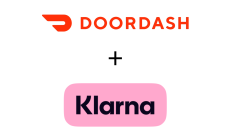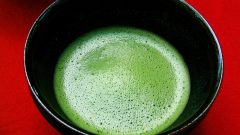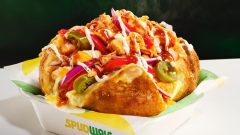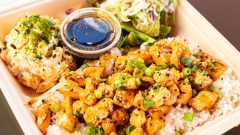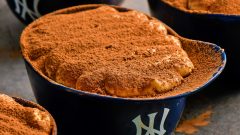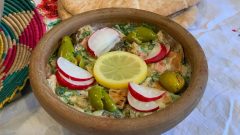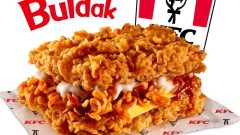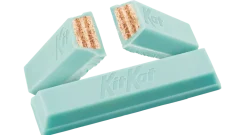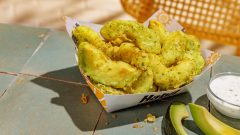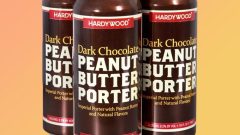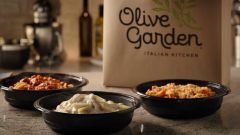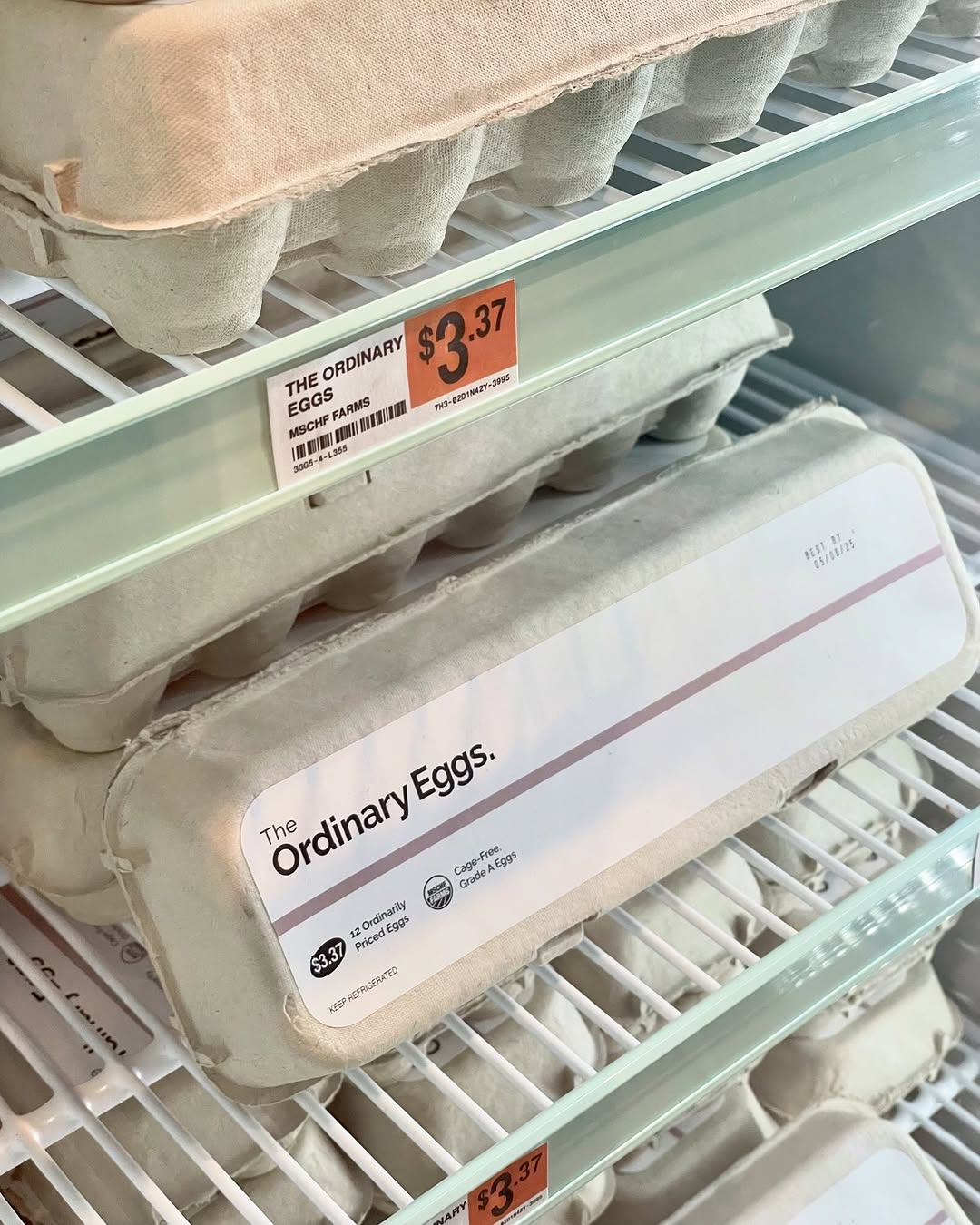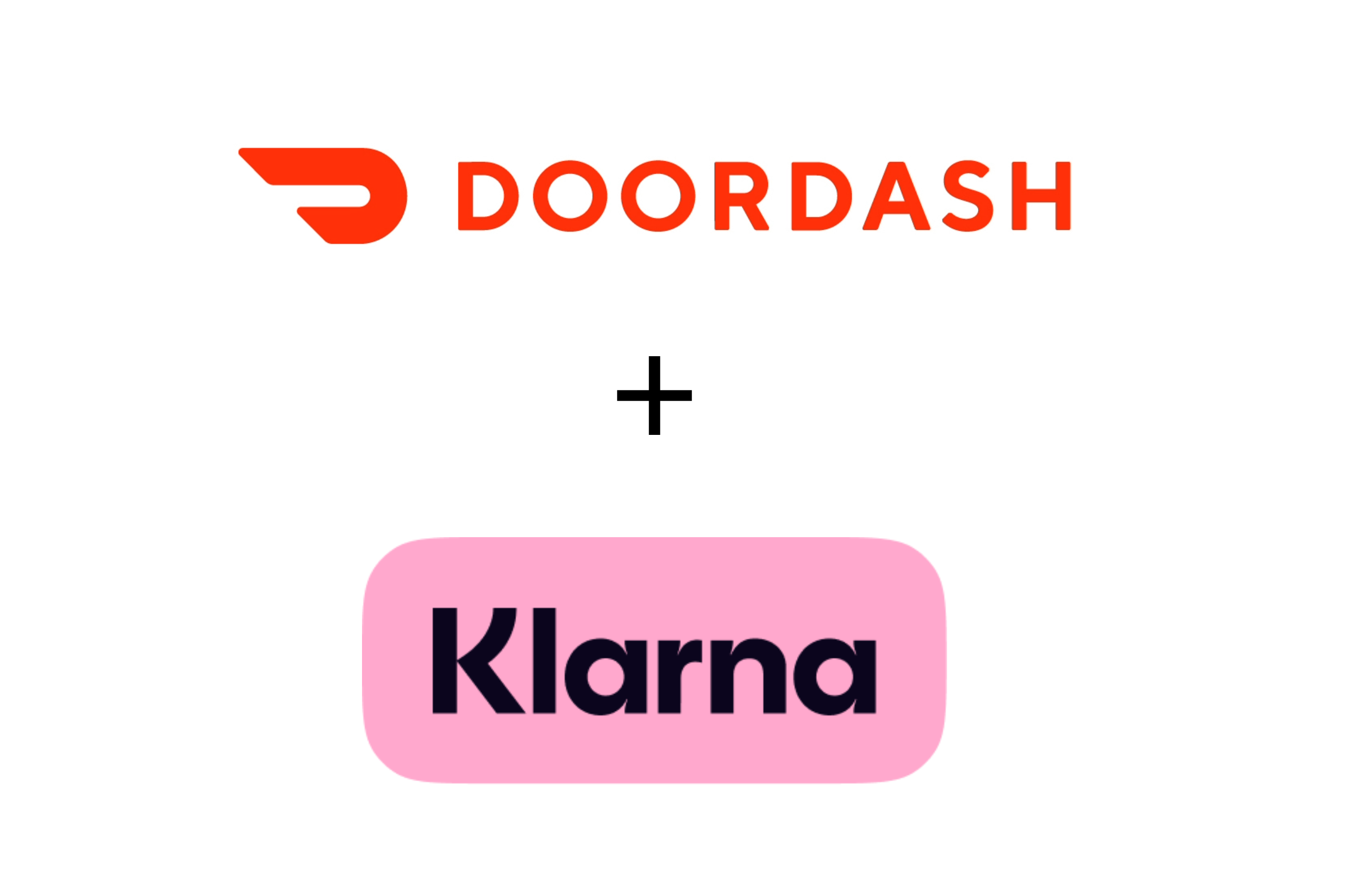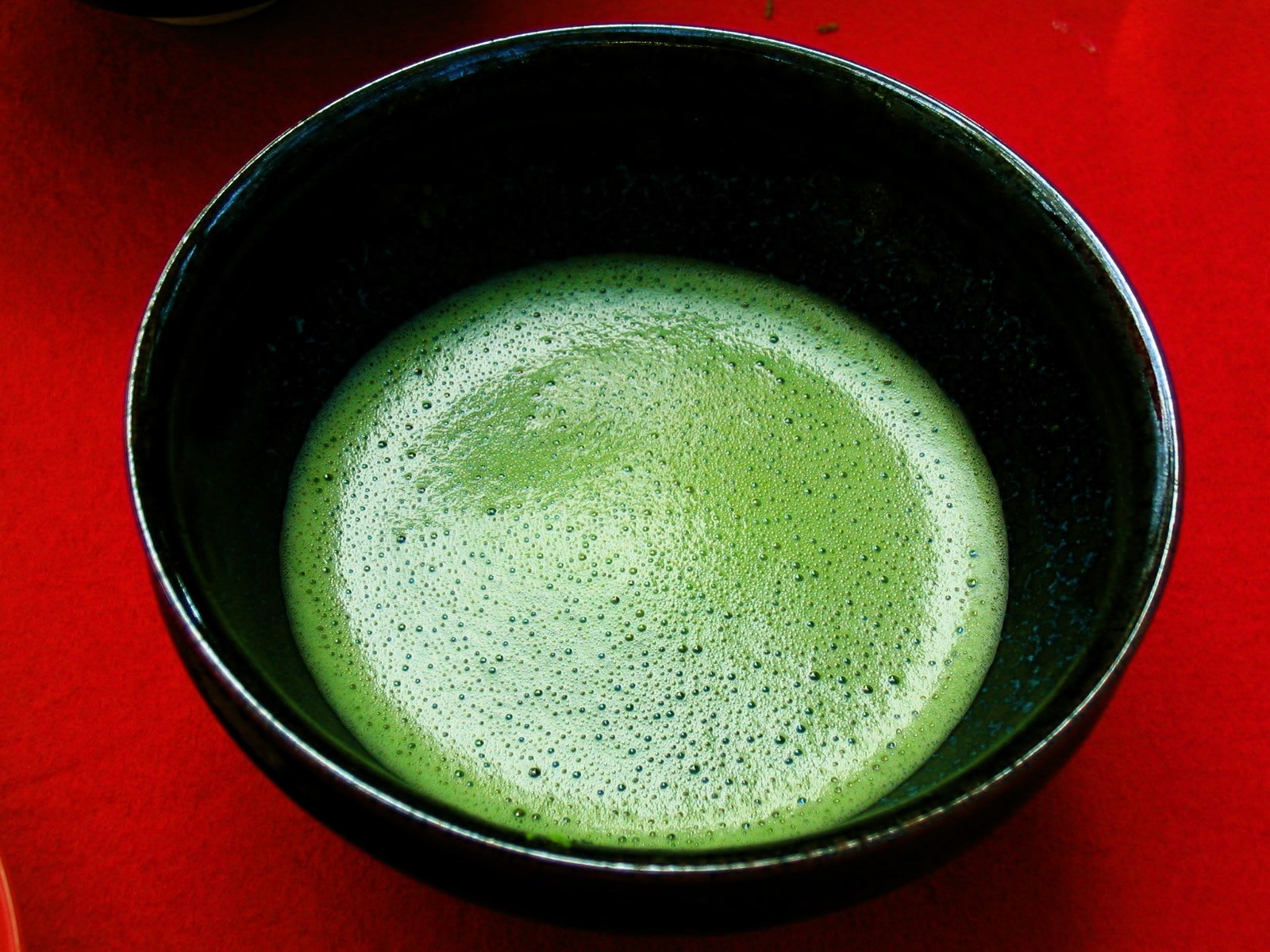Meet The Chef That Cooks Invasive Species And Reps Hmong Culture On His Own Show
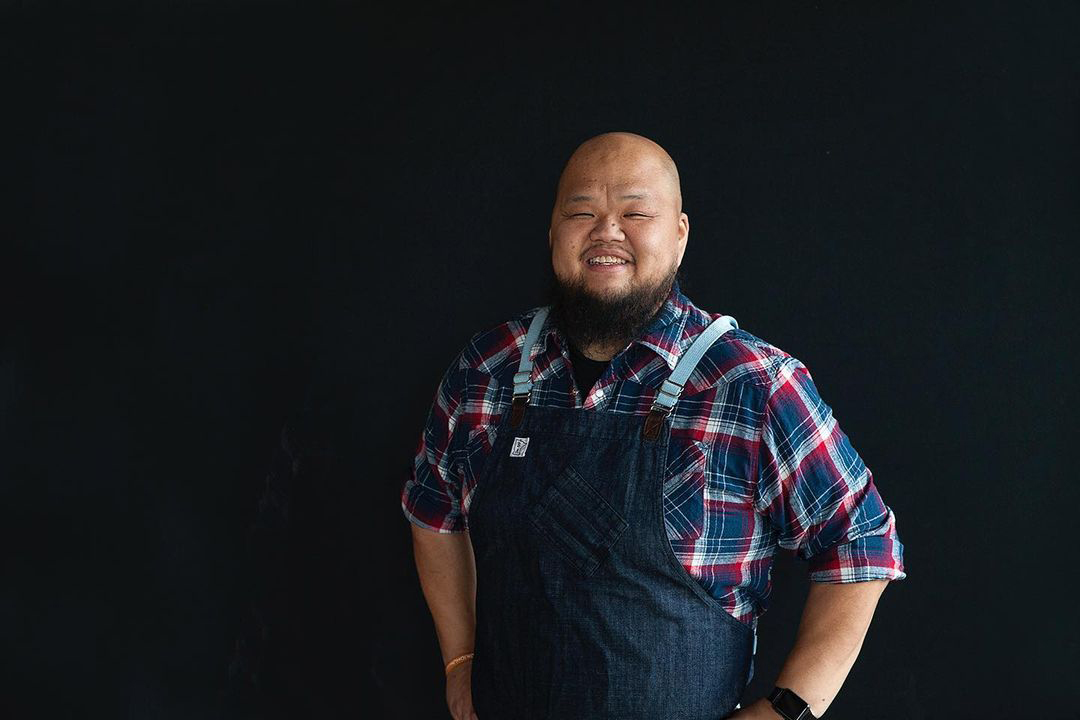
Food is one of the best ways to communicate with people from different walks of life. While delicious is universal, beyond mere flavor, food tells the story of origin and culture, all the while weaving an intricate culinary web that connects us. Recipes passed down through generations allow us to continue and contribute to our peoples story — stories told through colors, aromas, and textures. Even for nomadic cultures like the Hmong people, food serves as a moving motherland, allowing you to stay connected to your roots no matter how far you travel.
Unlike many ethnic groups, the Hmong never had a country to call home. They primarily settled in Southeast Asia, in countries like Vietnam, Laos, Thailand, and eastern Myanmar. After becoming an ally to the United States during the Vietnam War, many Hmong sought refuge in the country, along with Australia, France, Canada, and Germany. Despite having to branch out around the world, family and culinary traditions have allowed the Hmong tree to stand strong to this day.

One person helping to introduce Hmong culture and cuisine to the world is Chef Yia Vang, owner of Union Hmong Kitchen in Minneapolis, Minnesota. Since 2016, Chef Yia has been sharing the Hmong way of life with the local food scene. He’s a James Beard-nominated restaurateur, has made an appearance on Iron Chef: Quest for an Iron Legend, and hosts the hit Outdoors Channel TV-show “Feral,” which will soon begin its second season. Despite his accomplishments as a chef, you’d be surprised to find that he wasn’t always in love with cooking.
“Food was a big part of our family, but not in the way of this romanticized view of food. In our family, food was just a part of survival, especially coming from where we come from as refugees. It wasn’t until later in my adult years that I really realized the story behind all of the foods that my parents made for us,” shared Vang.

Hmong cuisine is similar to many foods from Southeast Asian cultures. You’ll find common aromatics like lemongrass, ginger, garlic, and shallots, along with Thai chilis, and sauces like oyster, fish, and Maggi. Savory and herbaceous, it’s a dynamic cuisine from a people influenced by many cultures. Chef Vang’s favorite home-cooked Hmong meal is a flavorful rice crepe that’s filled with ground pork and spring onions, then rolled up. It’s been his favorite since childhood, an experience which was very different from that of most kids.
His family was forced to flee to Laos following the Vietnam War. There, he was born in a Thai refugee camp where he grew up before moving to central Wisconsin. Although new to a foreign land, the refugee experience had given his parents the strength to ensure that he and his siblings would have a better life. That persevering spirit is what Chef Vang considers the root of Hmong cuisine, and also why he calls it a philosophy.

Thinking of his family, Vang says, “My dad… I always looked at him as this fearless warrior — hero of mine. My mom has this big heart to love everybody. There was never ‘We can’t do this,’ or ‘We don’t know how to do this,’ it was always, ‘We’ll figure it out and move forward.'”
He brings the same Hmong spirit to his TV-show “Feral,” a program about hunting, killing, and cooking invasive and feral animals like pythons, iguanas, wild pigs, and more. Feral combines adventure and creativity for a truly authentic Hmong experience. Season one debuted last year in November with eight episodes and was renewed for a second season, which premieres this month.
“I remember I explained to my dad what we were gonna do, and he’s like, ‘Are you kidding me? Our people have been doing that in the mountains for thousands of years.’ That’s what we do. That’s why I felt so connected to this show. I can take Hmong food, I can take some of the aromatics that we have — and we can always just change the protein,” Chef Yia says.

When tasked with hunting down some invasive iguanas, he discovered a connection to his father’s past. “I was telling my father about it and he was like, ‘Oh as a boy we grew up hunting those, they would sit on trees and we’d shoot them down.’ My dad explained to me how they cooked it, and I found that you roast it off, you braise it in lemongrass, garlic, and ginger, then add a little herbs at the end. What was really special to me in that moment… my father gave me a dish and recipe that he cooked as a boy, and I was able to connect with him.”
Chef Vang believes Feral reflects the Hmong food philosophy. “I believe the philosophy is that the living world around us can be used to make food that would draw us together, that nourishes our soul, and brings our community together. No matter where Hmong people are — around the world, around the country, wherever — we will always find a way to grow our own food, [and] harvest our own food, using whatever’s around us to create meals, and to create a platform where we can grow our community.”

Along with his duo of Union Hmong Kitchens, newest culinary vision Vinai, and season two of Feral, Vang also shares Hmong culture on his podcast Hmonglish and on PBS’s Relish. He hopes that after watching Feral, you see that he’s just a Hmong kid from the Twin Cities, but when he travels around the world and meets new people, the two things they can agree on is that “being adventurous outside hunting is fun and food brings people together.”
Season two of Chef Yia Vang’s Feral premieres on the Outdoors Channel this month, with season three following in December.



